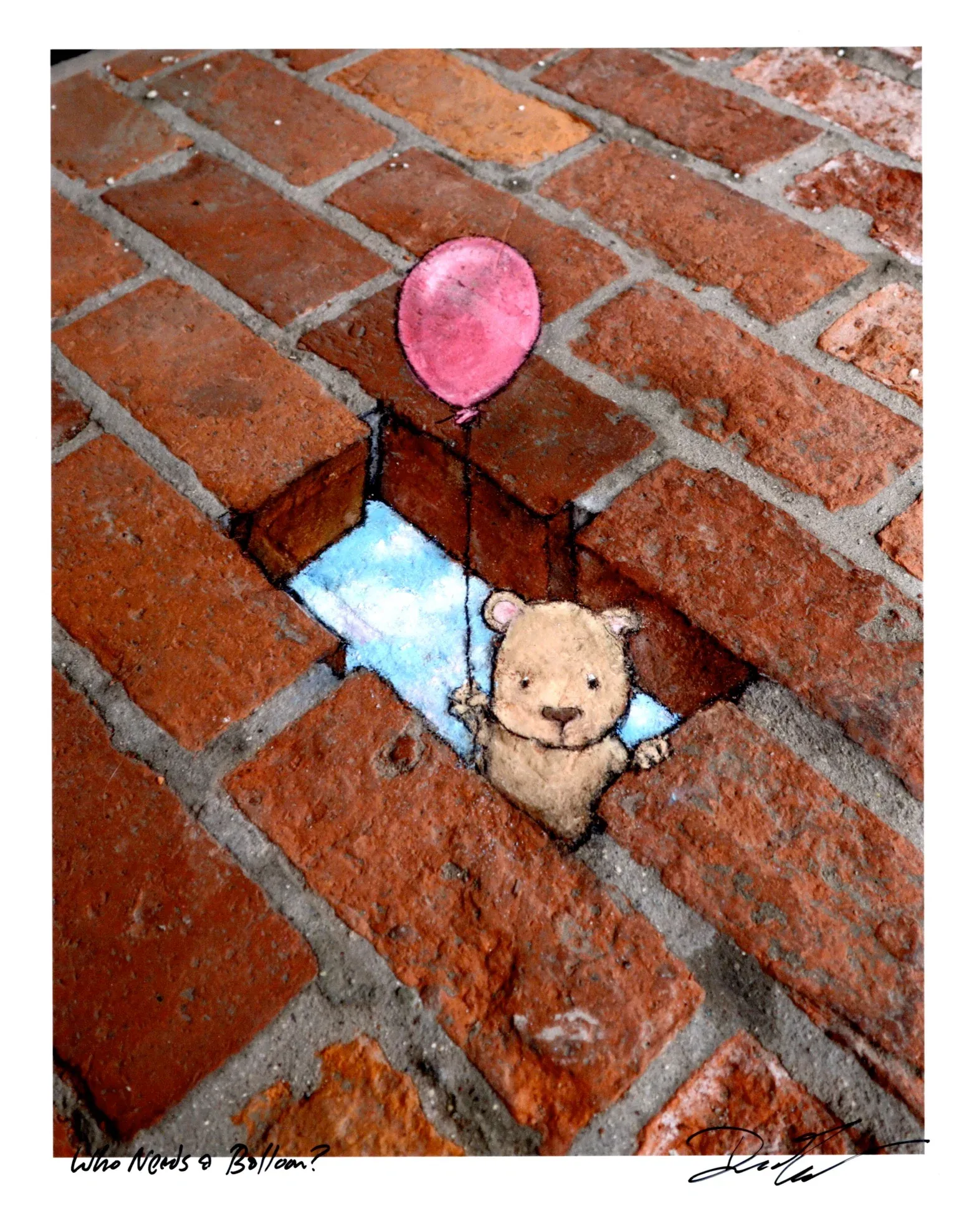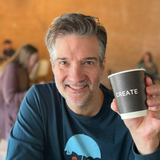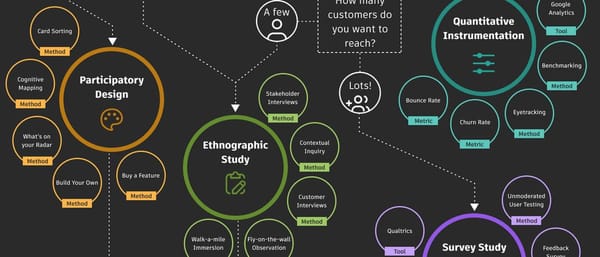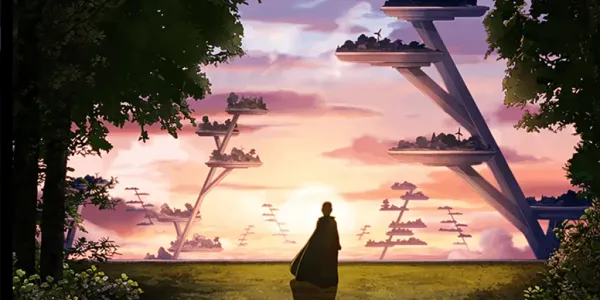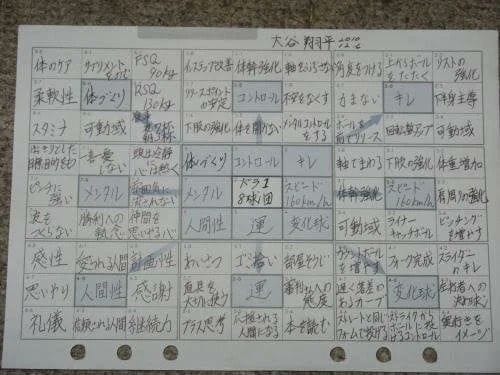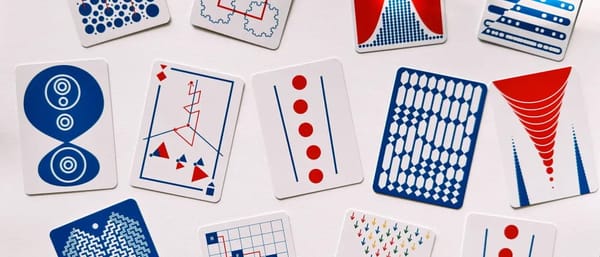№ 85 | Wardley Mapping, “Should I Stay or Should I Go Now?”, Project Zero’s Thinking Routine Toolbox, Art Therapy Card Deck, The 100-Year Lab, and Seeds of Renewal
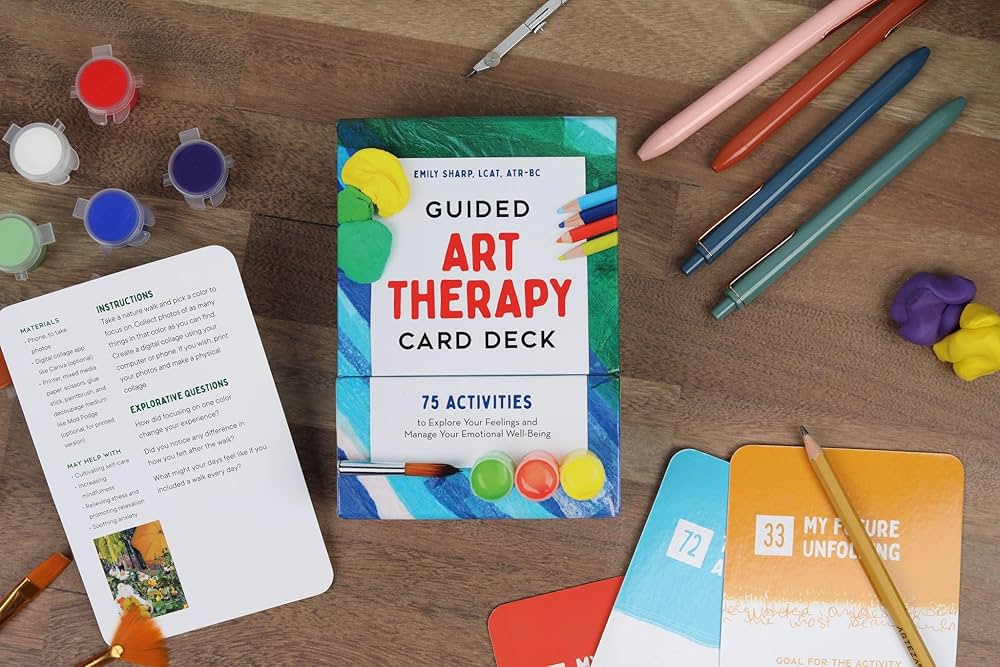
This will be the last newsletter until next year. I normally publish Thinking Things every two weeks, which means the next issue would fall on December 29th, except—I’m going to take off some time off over the holidays🎄.
Next issue will go out (checking the calendar) Jan 12th. Until then… Be present with your friends and family; and, if you feel inclined, make something! Cookies. Carpentry. Maybe a card deck 😉. There’s an often overlooked joy that comes from simply working with our hands.
Wardley Mapping
Here’s a recent (and captivating) keynote on “Navigating Possible Futures with Wardley Maps,” from Simon Wardley himself. If Wardley Mapping is new to you, it’s a fantastic tool to add to the toolbox, especially when you need to think through things like strategy, competitive planning, and possible futures. It’s a deceptively straightforward thinking tool, with a lot of depth just under the surface, as demonstrated in this talk. Bonus points for the emphasis on visual thinking, and drawing a distinction between visuals that make use of spatial arrangement vs those that don’t!
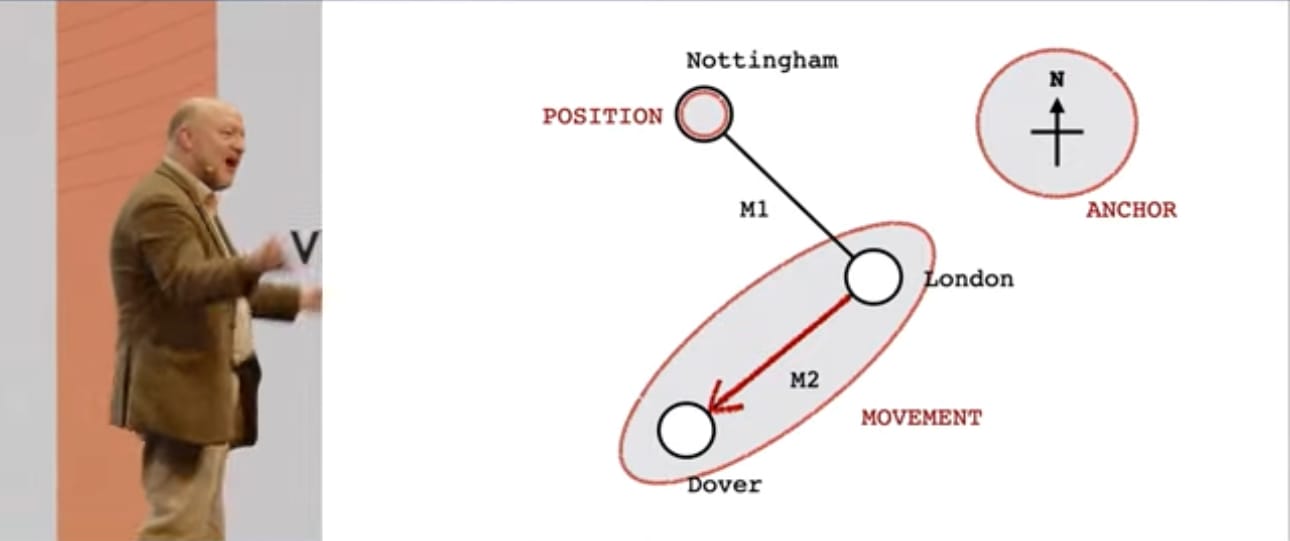
[Found via this post “How to Draw a Strategy in 4 Steps.”]
“Should I Stay or Should I Go Now?”
I’m sad, angry, and frustrated to find myself at a time in this country (USA) when certain groups of people fear for their lives and livelihood. In the face of this wild uncertainty, here is an incredibly healthy response, laying out the objective reasons for concern, potential events that could happen, and thresholds for deciding “Should I Stay or Should I Go Now?.” I’m sharing this for several reasons:
- Awareness. It’s important to read this, especially as a cis person, to understand why trans folk in the US are concerned.
- Content. The file shared here is an objective account of (a) legitimate reasons for concern, and (b) realistic possibilities and responses. As such, it’s good content for those who need it, which happens to include some of my friends.
As ‘thinking things’ go… - Agency. Making a list like this is a powerful way to confront anxious thoughts and assert agency in situations where we have very little control. FWIW, during the Covide-19 pandemic and subsequent shutdowns, I experienced a similar agency upon discovering Jim Dator’s four archetypes of the future; if only as an exercise, I was able to objectively confront various possible outcomes and explore how I might respond in each scenario.
- Dialogue. I often stress it’s about the mapping, not the maps. For all the talk about things to think with, when these things lead to dialogue and shared perspectives—that’s the real magic. I see this described by the author:
We learned a lot about each other’s needs, and set clear expectations for the amount of risk we’re comfortable taking. It turns out that— had we said nothing— we were both prepared to over-compensate in prioritizing the other’s safety and happiness. We feel more in control, having a plan… Now we can focus on other things.
Onto lighter things (to think with)…
Project Zero’s Thinking Routine Toolbox
This feels like a goldmine! Project Zero’s Thinking Routine Toolbox is a collection of dozens of thinking routines, which are described as:
a set of questions or a brief sequence of steps used to scaffold and support student thinking. PZ researchers designed thinking routines to deepen students’ thinking and to help make that thinking “visible.” Thinking routines help to reveal students’ thinking to the teacher and also help students themselves to notice and name particular “thinking moves,” making those moves more available and useful to them in other contexts

While I couldn’t refind the link to Jonathan Boymal’s LinkedIn post that led me to this toolkit, I did save his commentary, which is what initially caught my attention:
As we mark the second anniversary of the arrival of ChatGPT, how can we ensure that learning remains a deeply human experience, and how do we make our thinking more visible?
🤜 🫳
🎤
This sentiment pairs nicely with similar concerns shared by Simon Wardley near the end of his talk (link above):
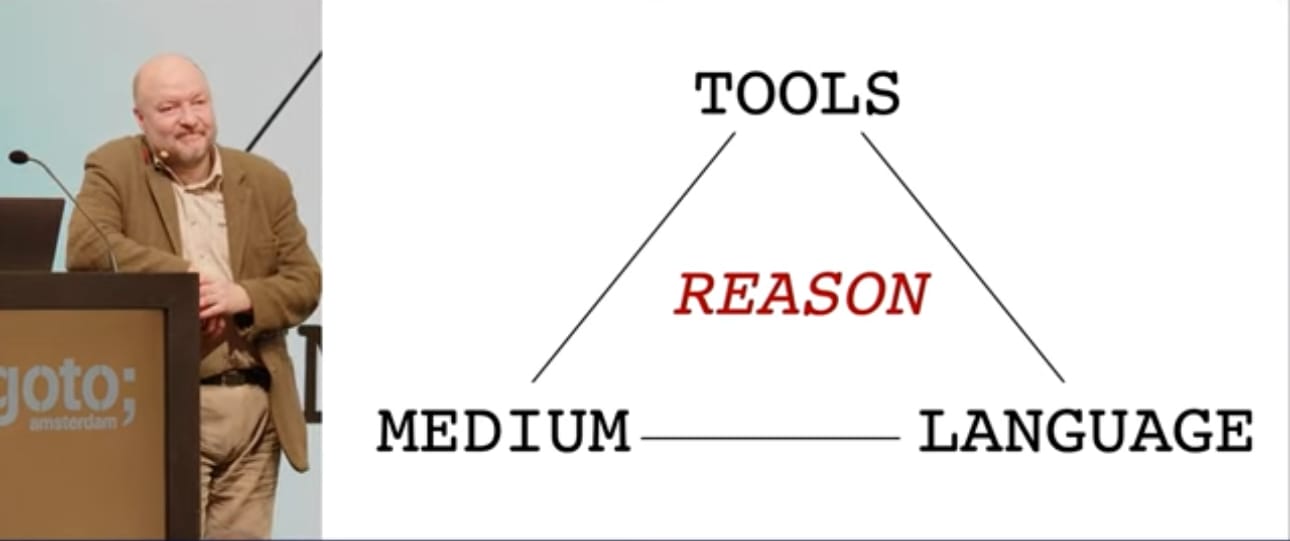
Art Therapy Card Deck
Ooh—Here’s a card deck of 75 Guided Art Therapy activities! Based on the specific examples shared by Romy Alexandra (LinkedIn post), I think I could benefit from slowing down and making time for a few of these activities.

The 100-Year lab
As we wrap up another trip around the sun, and prepare for a new calendar year, here’s something to consider: The Art of Long-Term Thinking in a Short-Sighted World. This thought provoking essay ends with one heck of a challenge:
So here’s my modest proposal: Let’s start a lab. The 100-Year lab. The entry requirement is simple: Make one decision this year that only makes sense if you’re thinking a century ahead.
I think a lot about generational concerns, but something about the phrasing of this challenge gave me pause—maybe it’ll do the same for you?
Coincidentally, I came across this essay on Century-Scale Storage in the same week. What’s up with the 100 years thing?!
Seeds of Renewal
I’ve been thinking more about role-playing games—especially solo RPGs—as generative and reflective things to think with. The beautifully designed Thousand Year Old Vampire was my first encounter with this game genre. But recently, I’ve come across a few such games with a more ‘serious’ aim. On my short list of games to try (maybe over the holidays?!) is Seeds of Renewal, a solo journaling game inspired by the hopeful visions of Solarpunk, Becky Chambers, and Ursula K. Le Guin.

I’m especially intrigued by the use of a standard playing card deck to drive the game forward, a pattern I first encountered with Broken Cities, where card draws and corresponding lookup tables offer prompts suggesting what might be found in different areas within a city. Seeds of Renewal uses the same idea, but cites Carta SRD, a game-making toolkit, as the source for this framework.
The base idea is that players lay cards out in a grid , and then turn them over one at a time, exploring prompts and mechanics as they do. The game is a sort of boardgame / storygame hybrid, where players explore journaling prompts by physically moving their marker from card to card and looking up the results.
🤔
See also: After the Accident by Nicolas "Gulix" Ronvel, a solo journaling game about surviving an accident.
Random FUN Stuff!
- This BBC document from the early 1980s offers detailed step-by-step instructions for knitting the iconic Dr. Who scarf.
- Last year, my spouse and I had a blast playing The Kringle Caper an “18 card escape room in your pocket” game; if you’re looking for a good hour or so of puzzle solving fun, this is a delightful holiday-themed activity!

- I love the creativity of David Zinn’s sidewalk chalk art!
